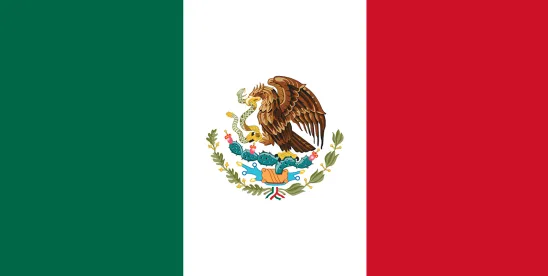Mexico’s new government has initiated the process for eliminating autonomous institutes, including the National Institute for Transparency, Access to Information and Protection of Personal Data (INAI). The government has indicated that its intention is to reduce public budget spending and redistribute the main responsibilities of this authority among other government agencies by 2025.
Quick Hits
- The Mexican government is eliminating the National Institute for Transparency, Access to Information and Protection of Personal Data (INAI).
- The access to public information and the protection of personal data will no longer be overseen by an autonomous institution but by an agency within the executive branch of the federal government.
- There are many uncertainties that the government has not addressed, including how a ministry of the executive branch can remain independent.
Many political critics and legal practitioners in Mexico see the elimination of the INAI as Mexico taking steps backward instead of forward in protecting the country’s democracy, given that the INAI guarantees compliance with two fundamental rights: access to public information and protection of personal data.
“Access to public information” guarantees that any individual has access to information held by federal authorities, autonomous bodies, political parties, trusts, public funds, and unions; or information about any individual or legal entity that receives and exercises public resources or performs acts of authority.
“Protection of personal data” guarantees the proper use of personal data, as well as the exercise and protection of every person’s access, rectification, cancellation, and opposition to use of personal data (ARCO) rights.
The main concerns about the elimination of the INAI are:
- The access to public information will be managed by the executive branch. It will not be independent nor impartial, per its budget, the terms of its members, who they will report to, and who might appoint them. Critics, legal practitioners, and the political opposition to the presidential party are concerned that the government will manipulate the information and hide contracts and activities that will increase how “independent” Mexico is perceived.
- It is unclear which government institution will protect and guarantee the protection of personal data. There is also no immediate certainty about the budget, process, resources, and authority to sanction any violation in connection with personal data and ARCO rights.
- The projects currently held by the INAI will most likely not be continued by the government, which raises concerns about measures for protecting personally identifiable data, including minors’ personal data, which change daily due to technological updates.
This November 2024, the Mexican Chamber of Representatives will vote on dissolving the INAI and several other autonomous institutions. This vote is likely to succeed, as the ruling government/party holds the majority in the chamber and is focused on “austerity” measures.




 />i
/>i
